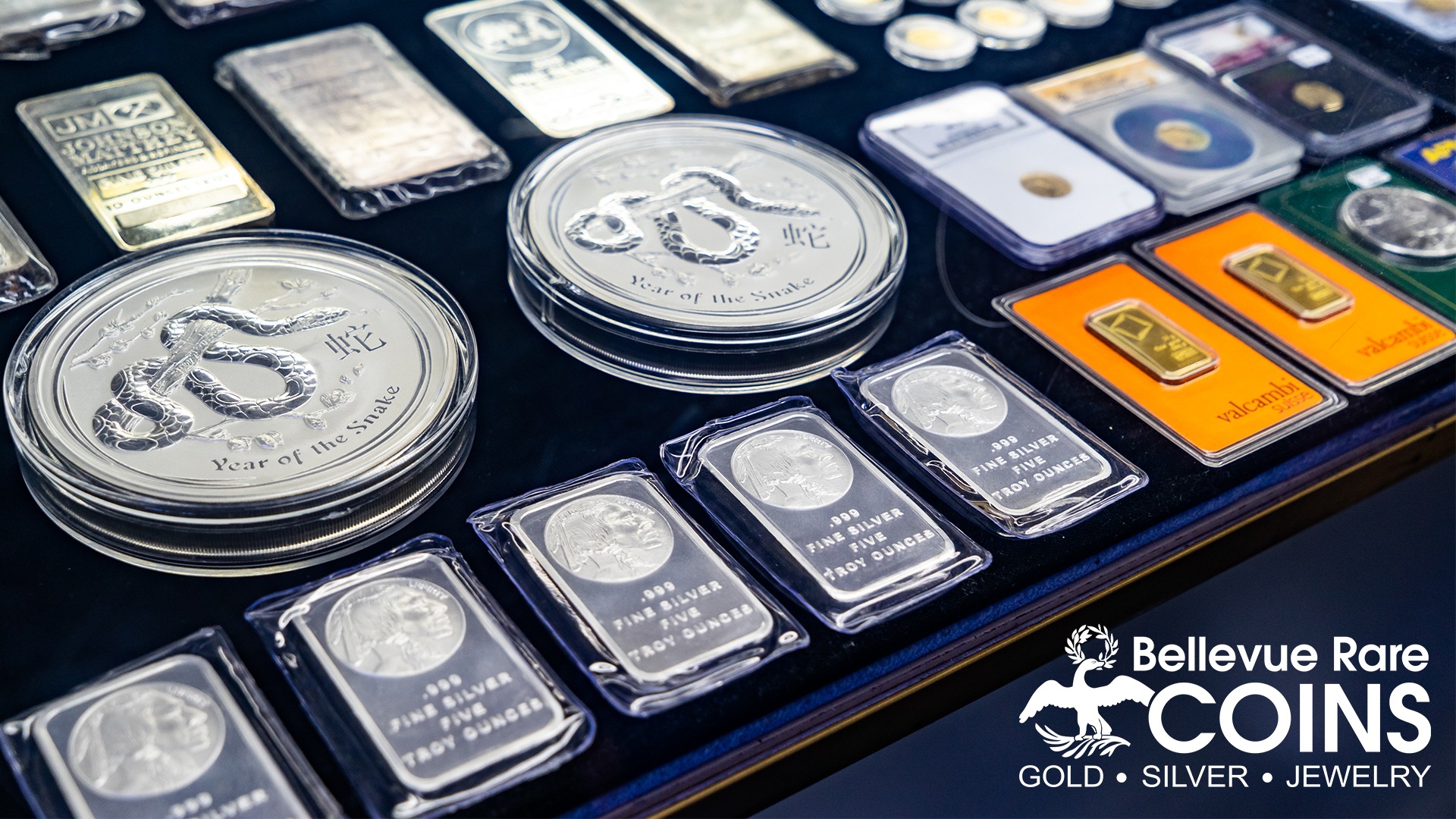Bellevue 425-454-1283 · Lynnwood 425-672-2646 · Issaquah 425-392-0450 · Tacoma 253-328-4014

For many people, investing is pretty simple. Buy stocks, maybe some bonds, and call it good.
But savvy investors know the value in proper diversification. Diversifying your assets helps reduce risk, while also potentially improving returns.
There’s a whole world of alternative investments outside of the standard stocks and bonds. This guide will serve as an overview to some of the most common alternative asset classes, from crypto to gold.
Alternative assets are simply assets that don’t fall into the standard categories of stocks, bonds, and cash. They can range from artwork to cryptocurrency, and everything in between.
Alternative assets can be physical (collectibles, gold, real estate) or digital (cryptocurrency, etc.)
Many alternative assets are less liquid than standard investments. This means that they are more difficult to buy or sell.
For instance, buying a rare classic painting could be a good investment — but you can’t sell it with the click of a mouse like you could with a stock.
Like any other investment, there are both advantages and disadvantages to consider carefully.
What are the most common alternative asset classes, and are they worth considering for your portfolio?
Precious metals include gold, silver, platinum, and palladium. Gold and silver are the most popular by far.
Investing in precious metals typically involves buying physical coins or bullion bars. Examples include American Silver Eagles, 10oz silver bars, or American Gold Eagles.
Precious metals are an asset class with an ancient history. Mankind has been storing wealth in the form of gold and silver for millennia, making it one of the oldest asset classes (after real estate and land).
There are many potential benefits of precious metal investing:
It’s important to buy bullion from a trusted source. If you’re in the greater Seattle area, you can buy investment grade bullion from Bellevue Rare Coins.
Collectibles include a wide range of items, from sports cards to art to rare wines. This is an asset class that requires careful research, so it’s typically reserved for enthusiasts who are collectors themselves. Collectibles are also highly illiquid, meaning that they are difficult to buy and sell.
At the same time, collectibles are becoming increasingly attractive to wealthy investors, due to their potential for long-term returns and inflation-proof appreciation. Many see them as a powerful hedge against inflation. Rare whisky, for example, has had a compound growth rate of 19% over the last 10 years.
There are several potential benefits of collectibles, including:
Investing in collectibles can be difficult to access for everyday investors. But if you’re an enthusiast in a certain category (art, trading cards, etc.) then it’s worth considering venturing into collectibles investing.
Real estate is another age-old investment class that consists of houses, condos, land, and other physical properties. It has historically been an excellent investment, and it has the potential to produce rental income as well.
Of course, it’s not the most accessible investment class. It requires large sums of money to get started, and typically also requires taking on mortgage debt. Plus, there are ongoing expenses related to debt servicing, home maintenance, repairs, etc.
There are many potential benefits of real estate, including:
The main way to invest in real estate is to directly buy properties. However, a more approachable way that requires less upfront investment may be to use a real estate crowdfunding platform.
Private equity consists of investments into private companies that are not publicly traded on the stock market. Examples include investing in a local small business, or participating in angel investing/startup investing.
In general, private equity is a high-risk, high-reward activity. Many investments will fail, but some will perform incredibly well over the years.
Private equity is also very illiquid. It’s difficult to buy into a startup or small business, and it’s even more difficult to sell when the time comes.
Nonetheless, private equity offers many potential benefits, including:
In many cases, investing in private equity may require you to be an Accredited Investor. This requires a net worth of at least $1 million, or earned income that exceeds $200,000 per year.
Cryptocurrency is digital currency that exists solely in a digital format. Examples include Bitcoin (BTC) and Ethereum (ETH).
Of all the alternative asset classes, crypto is the most liquid. You can buy it with the click of a mouse, 24/7. Selling is just as easy. Investors will need to sign up for a cryptocurrency exchange account to start trading.
Cryptocurrency, or “crypto” as it’s commonly called, is generally considered a high-risk, high-reward investment class. It has performed exceptionally well over the last several years, but it comes with incredibly volatility. Early investors in crypto were rewarded quite well — it remains to be seen whether it will be a lucrative investment moving forward.
Crypto does offer potential benefits, however:
Alternative assets are assets outside of the traditional realm of stocks and bonds. They offer the benefits of improved diversification and a high potential for returns, but they’re typically more difficult to buy and sell.
If you want to get started with alternative assets, it’s wise to do your research first. It’s also wise to start with a more liquid asset that doesn’t require a huge upfront investment. Precious metals and cryptocurrency are two examples to consider for first-time alternative asset investors.